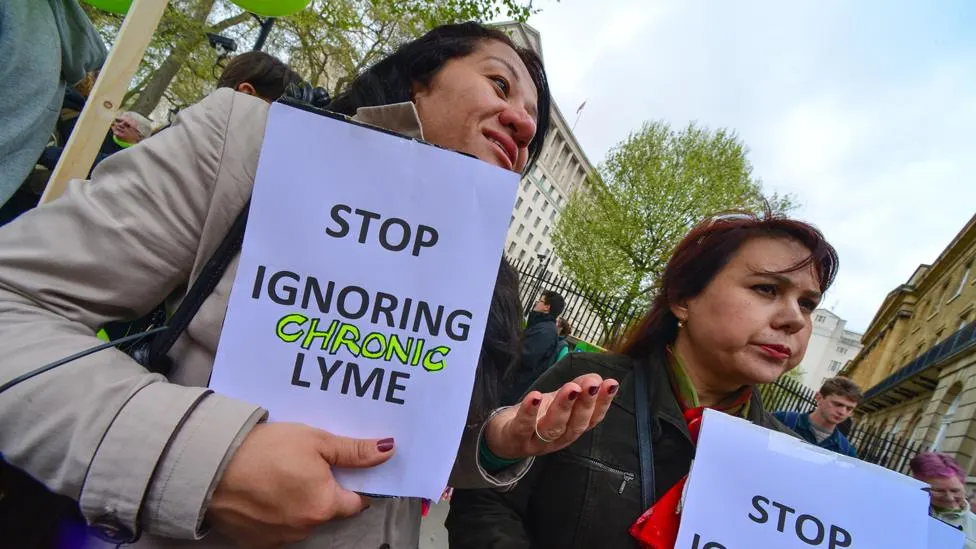A family's struggle with chronic fatigue has ignited a debate over the NHS's handling of Lyme disease, as medical experts question controversial treatments.

October 3, 2025

Source:
BBC News
Family's Struggle Ignites Debate
The case of a young girl named Milly, who suffered from chronic fatigue, has cast a spotlight on the contentious issue of Lyme disease diagnosis and treatment within the NHS. Her father, journalist Patrick Barkham, detailed the family's emotional journey and the eventual, delayed diagnosis of Lyme disease, sparking a response from medical professionals and the public.
This situation has amplified a broader debate about how the UK's health service manages complex, long-term illnesses that are difficult to diagnose.
A Delayed Diagnosis
Milly's condition was eventually attributed to Lyme disease, an infectious disease transmitted by ticks. However, the path to this diagnosis was fraught with difficulty, leaving the family feeling let down by the medical system. This experience has led to criticism of the NHS's perceived failure to adequately address such cases, pushing some families toward what Barkham described as "fringe medicine" in a desperate search for answers.
Keep up with the story. Subscribe to the PR+ free daily newsletter

Source:
ACS Publications - American Chemical Society
The Medical Controversy
In response to the case, prominent medical professionals have weighed in, highlighting a deep-seated controversy in the medical community regarding chronic Lyme disease.
Expert Opinions
Prof Paul Garner, Dr Maria Pedersen, and Dr Alastair Miller have all pointed to a significant issue:
There is no reliable scientific evidence that persistent infection with Borrelia, the bacteria that causes Lyme, is the root cause of chronic, ongoing symptoms.
The effectiveness of long-term antibiotic treatments—a common approach in alternative medicine circles—is not supported by robust clinical trials.
Diagnostic Hurdles
The core of the problem often lies in diagnosis. Lyme disease is notoriously challenging to identify for several reasons:
Mimicking Other Illnesses: Its symptoms, such as fatigue and joint pain, overlap significantly with conditions like Myalgic Encephalomyelitis/Chronic Fatigue Syndrome (ME/CFS).
Testing Limitations: Standard laboratory tests for Lyme disease are known to have limitations, sometimes failing to detect the infection, especially in its later stages.
This diagnostic uncertainty means many patients with persistent symptoms are reclassified as having ME/CFS, which is a diagnosis of exclusion and may not address a potential underlying infection.
Read More

Source:
ACS Publications - American Chemical Society
Share this news:




















